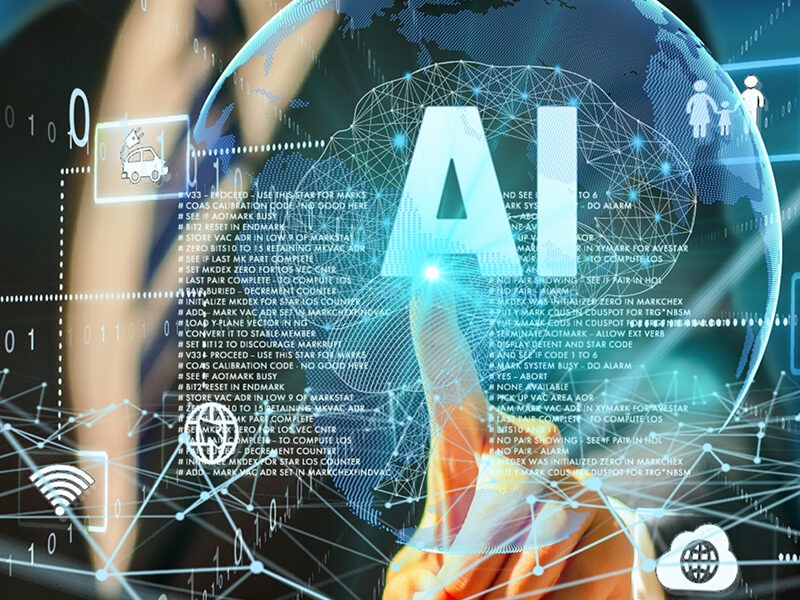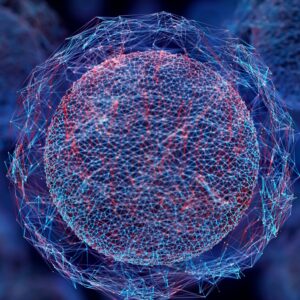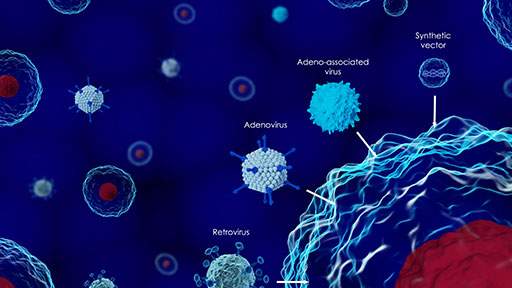Contents
How Artificial Intelligence Can Reduce the Cost of Cell and Gene Therapies
By Aecio D’Silva, PhD
AquaUniversity
Cell and gene therapies are life-saving treatments for patients suffering from a wide range of diseases, including cancer, genetic disorders, and autoimmune diseases. These treatments offer the potential for a cure, but their high cost has made them inaccessible to many patients who desperately need them. However, recent advances in artificial intelligence (AI) offer a solution to this problem.
How AI Can Reduce Manufacturing Costs
AI can play a significant role in reducing the cost of manufacturing cell and gene therapies. One of the main reasons for the high cost of these treatments is the complexity of the manufacturing process, which involves multiple steps, specialized equipment, and highly skilled personnel. AI can help to optimize each step of the process, from the selection of the best cells for therapy to the monitoring of the production process and the final quality control.
Paragraph: By using machine learning algorithms, AI can analyze vast amounts of data and identify the most efficient and effective manufacturing methods. It can also identify potential problems in the production process before they occur, reducing the risk of product failure and the need for costly rework.
Benefits of Lower Manufacturing Costs
Lowering the cost of manufacturing cell and gene therapies can have a significant impact on patient access to these life-saving treatments. With lower costs, more patients can afford these therapies, and the number of patients who can benefit from them can increase. This could also lead to more investment in research and development, leading to the discovery of new therapies and more patients receiving the care they need.
Paragraph: Furthermore, lower manufacturing costs can also make it easier for smaller biotech companies to enter the market, encouraging innovation and competition. This can ultimately lead to more diverse and affordable treatment options for patients.
AI and The Popularization of cell and gene therapies
Concluding, Artificial intelligence has the potential to revolutionize the manufacturing of cell and gene therapies, reducing costs, increasing patient access, and driving innovation. As more companies and researchers embrace this technology, we can look forward to a future where life-saving treatments are more affordable and accessible to all who need them.






[…] Intelligence artificielle et séquençage génomique – L’IA peut accélérer considérablement le processus d’analyse du génome, qui implique généralement le traitement de grandes quantités de données pour identifier des variations génétiques spécifiques. Les algorithmes d’apprentissage automatique peuvent rapidement analyser de grandes quantités de données génomiques, identifiant des modèles et des anomalies qui seraient difficiles ou impossibles à détecter avec des méthodes traditionnelles. Cette rapidité et cette efficacité peuvent aider les chercheurs à identifier les gènes associés à la maladie et à développer des traitements ciblés beaucoup plus rapidement qu’auparavant. […]